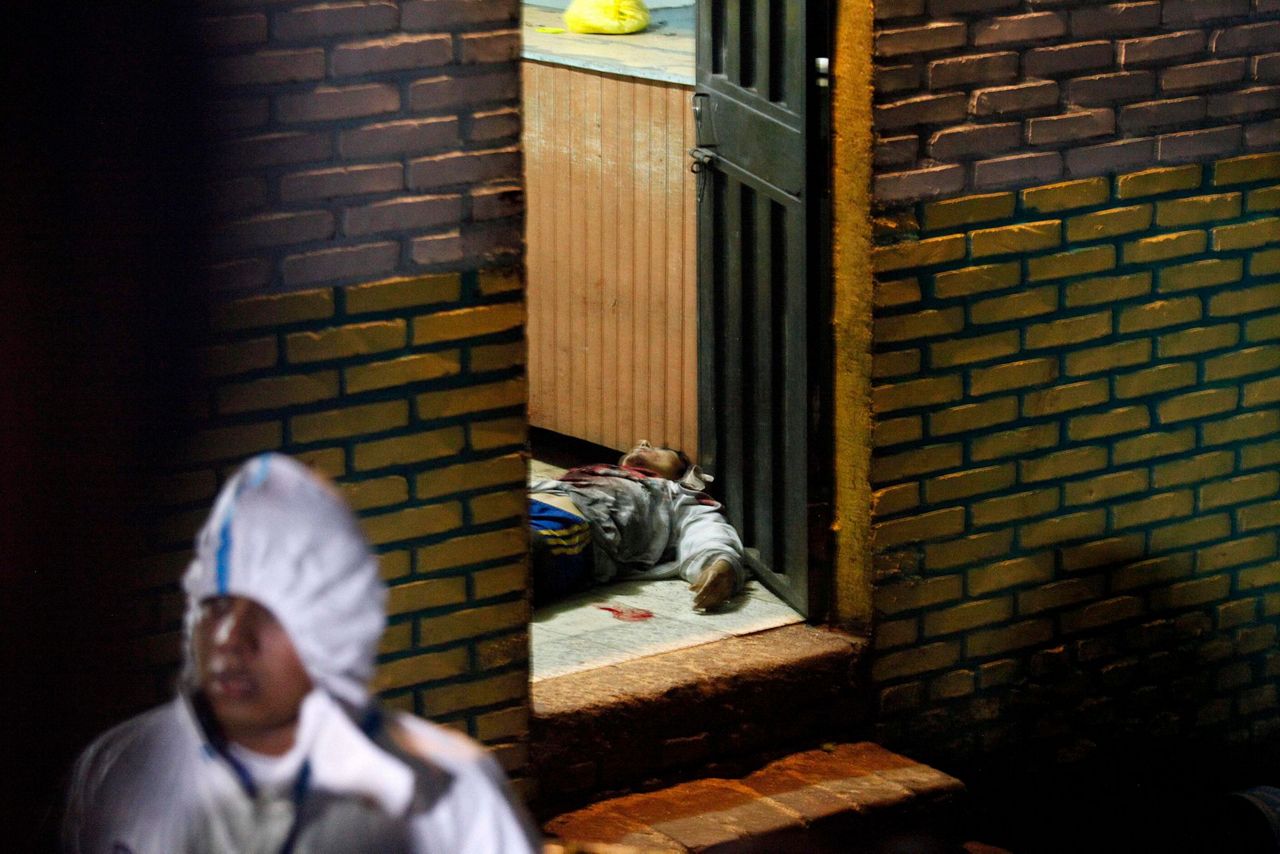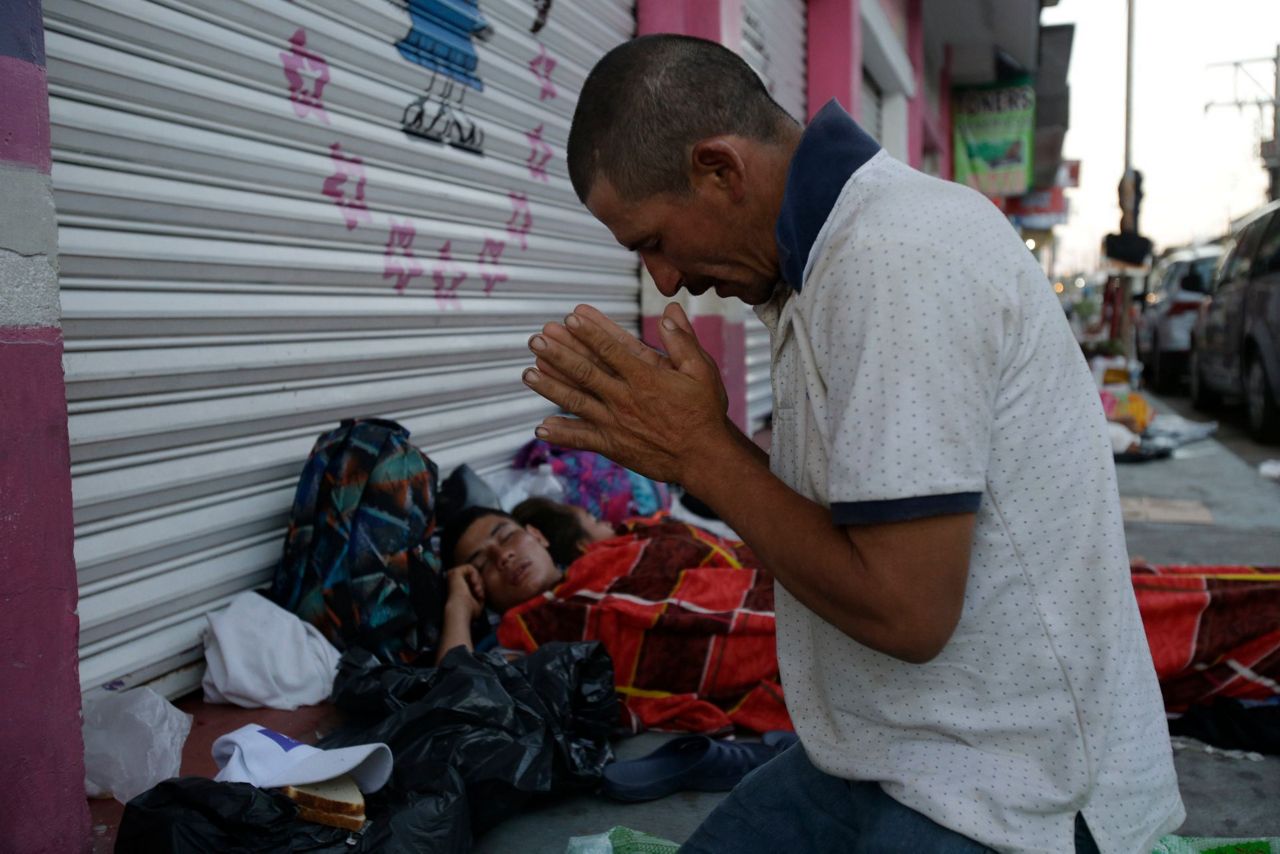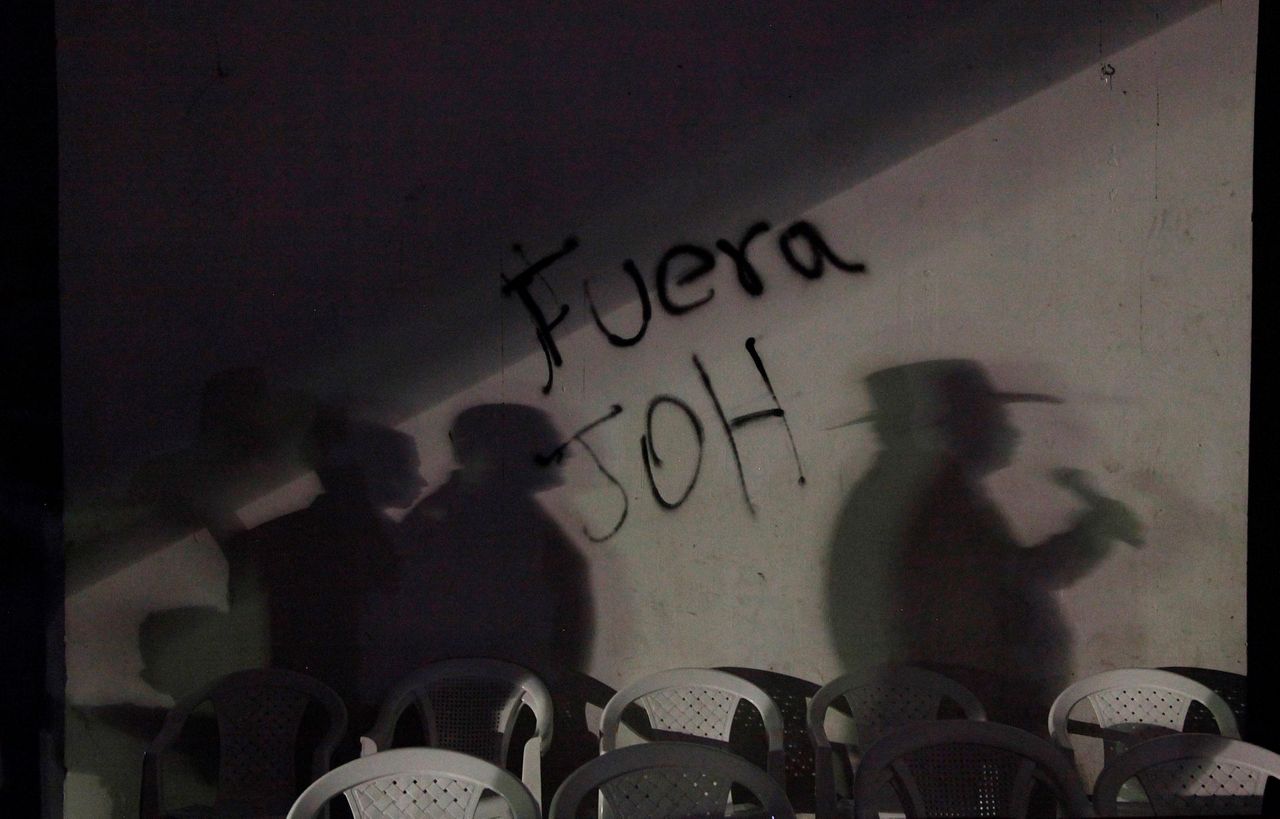MEXICO CITY (AP) — A caravan of some 7,000 Central American migrants is advancing through southern Mexico with hopes of reaching the U.S. border. The vast majority of them are from Honduras, a country of 9 million people.
A bleak combination of powerful drivers like poverty and gang violence leads many to see emigration as the only possibility for a decent life, and an estimated 750,000 Hondurans live outside the country, including nearly 600,000 in the United States, according to the International Organization for Migration.
Here's a look at why Hondurans are fleeing.
___
POVERTY AND INEQUALITY
Nearly two-thirds of Hondurans, or almost 5.5 million people, live in poverty, according to the World Bank. In rural areas, one in every five Hondurans lives in extreme poverty.
Most Hondurans are employed in the informal economy, and per capita income averages just $120 per month. The World Bank says Honduras has "the highest levels of economic inequality" in Latin America.
The Inter-American Commission on Human Rights said in August that the situation creates a system that only benefits an elite minority with close ties to the highest political and economic levels.
___
GANGS AND VIOLENCE
San Pedro Sula, the country's second-largest city where the caravan started as a relatively small group of about 160 people, has for years been considered one the most dangerous cities in the world. The rest of Honduras isn't much better — in 2015, it registered 60 murders per 100,000 inhabitants, according to the United Nations.
And even though that has decreased to about 43 per 100,000 people today, according to Honduras' National Autonomous University, many Hondurans say that has been achieved through heavy-handed tactics that result in excessive force and human rights violations.
Highly organized street gangs known as "maras" control large swaths of territory where the government is virtually absent. Along Honduras' Caribbean coast, drug traffickers operate with impunity using the country as a trans-shipment point for cocaine moving from South America to the United States, according to the U.N. The corruption that has reached high into successive governments has reduced confidence in public institutions like the police.
The conditions are often worse for children and teens, likely explaining why so many emigrate, either alone or in family units. Teen boys are often pressured to join gangs and threatened with death if they don't, while teen girls are often pressured to become gang members' "girlfriends," and face rape or murder if they refuse. According to the International Organization for Migration, 4,700 minors were returned to Honduras in the first six months of 2018, — the same as in all of 2017. Most children start elementary school, but half quit by the time they turn 12. Only one in four will go to high school, often because they need to work to earn money for their families.
Women face high levels of violence in Honduras. In 2015 there were 417 killings of women directly related to their gender, including as a result of domestic violence, according to the most recent U.N. statistics. Eighty-nine of those killings were in San Pedro Sula. The Inter-American Commission on Human Rights says that 90 percent of such killings go unpunished. Honduras also has the second-highest adolescent birth rate in Latin America.
___
POLITICAL POLARIZATION
Since then-President Manuel Zelaya was ousted in a coup in 2009, the country's political situation has been tense. The polarization increased after the November 2017 election in which current President Juan Orlando Hernandez was re-elected in a result marred by irregularities, and denounced by his opponent as outright fraud.
Extensive protests over the election were repressed with "indiscriminate and excessive use of force," according to the Inter-American Commission on Human Rights. Some migrants have cited the political atmosphere and persecution of government opponents for their decision to migrate.
Copyright 2018 The Associated Press. All rights reserved. This material may not be published, broadcast, rewritten or redistributed.





